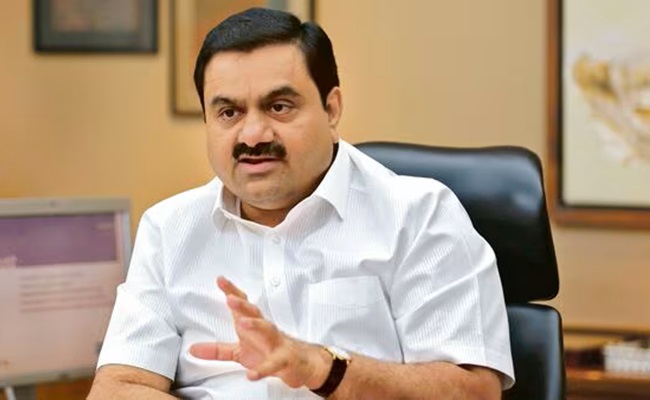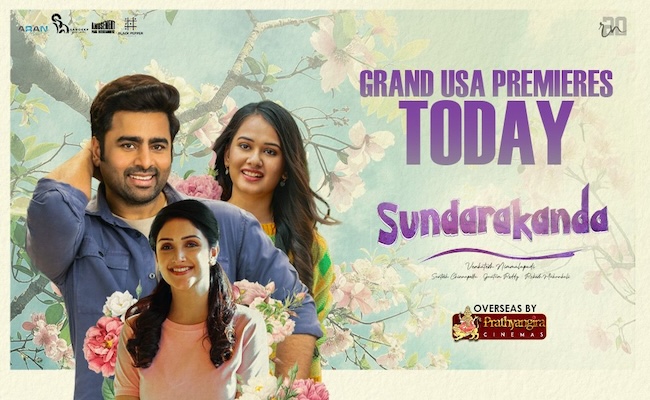As the election for the Vice President of India approaches, political dynamics are intensifying, particularly between the ruling National Democratic Alliance (NDA) and the opposition coalition. Reports suggest that the NDA is keen to collaborate with the Yuvajana Sramika Rythu Congress Party (YSRCP) to strengthen its position, but internal disagreements within the opposition, particularly involving Congress leader Rahul Gandhi, may complicate this potential partnership.
The NDA, led by Prime Minister Narendra Modi, is reportedly eyeing the YSRCP’s support, which could provide crucial votes for their candidate in the upcoming election. The YSRCP, under the leadership of Andhra Pradesh Chief Minister Jagan Mohan Reddy, has established itself as a significant regional player in Indian politics. Its backing could potentially tip the scales in favor of the NDA, making it a tempting alliance for Modi’s coalition.
However, the situation is not so straightforward. Rahul Gandhi, who has been vocal in his opposition to the NDA’s policies, is reportedly hesitant about forging any alliances with the YSRCP. This reluctance stems from a broader strategy to present a united front against the ruling coalition, as Gandhi and other Congress leaders believe that any collaboration with a regional party perceived as pro-NDA could dilute their message and appeal to their core supporters.
Political analysts suggest that Gandhi’s stance might lead to a fragmented opposition during the Vice Presidential elections, which could ultimately benefit the NDA. With the Congress party struggling to regain its footing in many states, the need for a cohesive strategy is more critical than ever. The potential partnership with the YSRCP, while advantageous for the NDA, poses a dilemma for the opposition, which is grappling with its identity and electoral strategy ahead of the next general elections.
The Vice Presidential election is not only a pivotal moment for the candidates involved but also a litmus test for the current political alliances in India. With the NDA pushing to solidify its alliances and the opposition attempting to navigate its internal differences, the outcome of this election could have far-reaching implications for the political landscape of the country.
As the election date draws near, both coalitions are ramping up their campaigns. The NDA is expected to leverage its achievements over the past years to sway undecided voters, while the opposition is likely to focus on the government’s shortcomings, hoping to rally public discontent against the ruling party. In this high-stakes political environment, every vote will count, and the alliances formed in the coming days could significantly influence the election results.
In conclusion, the upcoming Vice Presidential election is shaping up to be a complex battleground, reflecting the broader tensions within Indian politics. As the NDA seeks to consolidate its power through strategic partnerships, the opposition faces the challenge of maintaining unity in the face of potential fragmentation. With Rahul Gandhi’s reservations about collaborating with the YSRCP, the dynamics of this election will be closely watched, setting the stage for future political maneuverings in the country.



